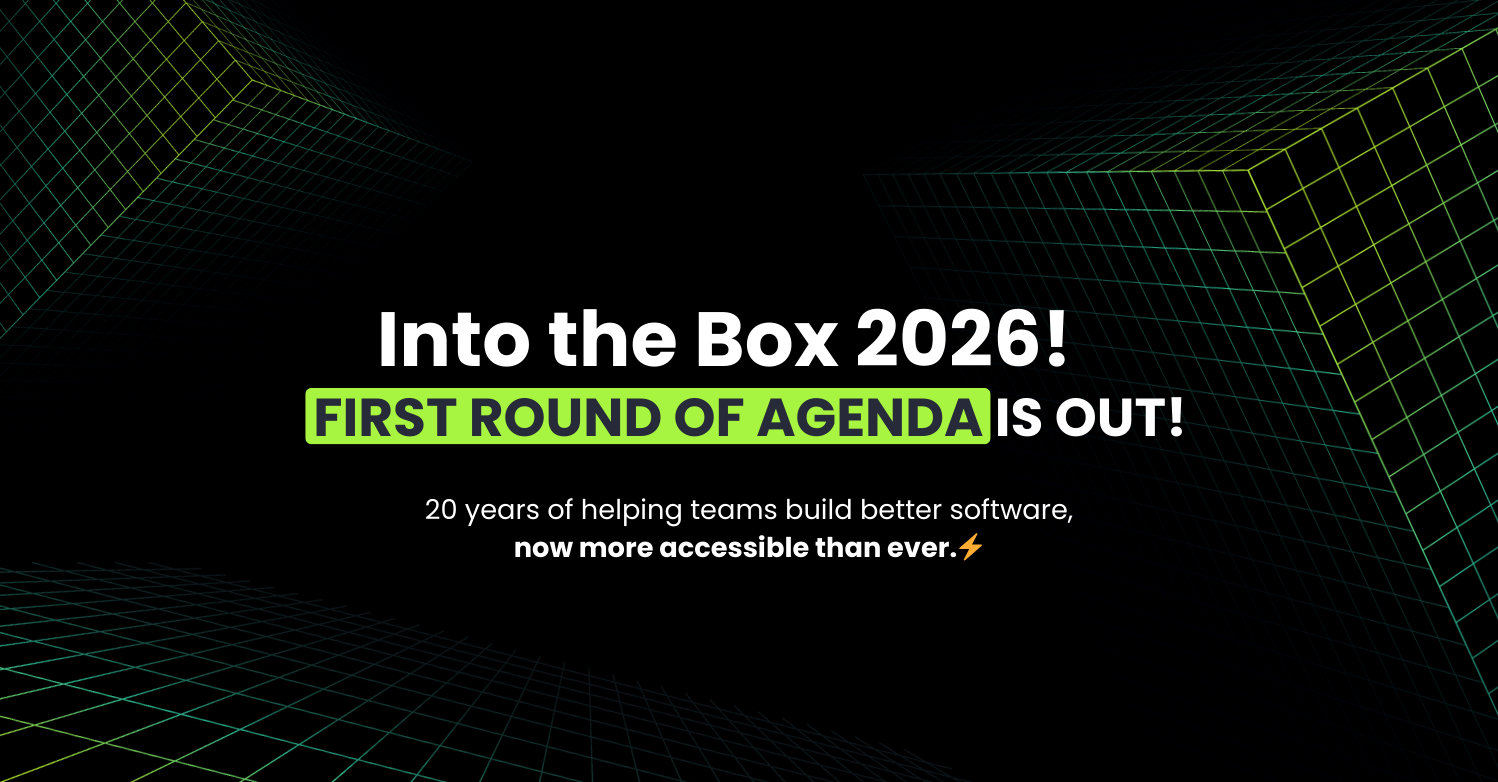Blog
The request collection is a struct of values which are aggregated from the FORM and URL scopes as well as remote parameters to proxy requests. The data in your request collection is available via methods in the event object or by referencing the "rc" struct directly.
event.getValue('foo')
or
rc.foo
What do you do when you need to deal with item in the rc (or request collection) that might not exist? Common scenarios would be check boxes that may be left blank, or optional URL parameters. In those instances you may want to provide a default value, or simply test for the existence of the item.
The first thing you might think to do would be typical manipulation of the rc struct. Remember, structs are passed by reference, so any changes made to rc in an event handler for instance, are made for the remainder of that request.
// Modify the rc with a default value
param name='rc.foo' default='bar';
// Check for the existence of a key
structKeyExists(rc,'foo')
// Return a default without modifying the rc
if(structKeyExists(rc,'foo')) {
return rc.foo;
} else {
return 'default';
}
Those methods will work, but there are cleaner, more consistent ways to accomplish the same end using the request context, or event object.
// Modify the rc with a default value
event.paramValue('foo','bar');
// Check for the existence of a key
event.valueExists('foo');
// Return a default without modifying the rc
event.getValue('foo','default');
Hopefully these simple but effective helper methods in the request context will make productive additions to your toolbox.
Learn everything the event object can do for you with the API docs: http://www.coldbox.org/documents/api/ColdBoxDocs-3.5.0/index.html?coldbox/system/mvc/core/RequestContext.html
P.S. Other useful methods:
event.getTrimValue('foo')
event.removeValue('foo');
event.collectionAppend({foo='bar',fu='barre'});
Recent Entries

Victor Campos

Victor Campos
January
30,
2026

Speaker Featuring - Round 1
Every conference is more than the talks we see on stage it’s also the story of the people who make it possible.
With the first round of Into the Box 2026 sessions and workshops now live, we’re excited to introduce some of the speakers who will be joining us this year. These community members, practitioners, and Ortus team experts bring decades of real-world experience across CFML, BoxLang, JVM modernization, testing, AI, and cloud-native development.
Victor Campos

Victor Campos
January
26,
2026

First Round of the Into the Box 2026 Agenda Is Live
Into the Box 2026 marks an important moment for the CFML and BoxLang community not just because of what’s on the agenda, but because of what it represents: 20 years of Ortus Solutions helping teams move forward, modernize, and build with confidence.
Victor Campos

Victor Campos
January
21,
2026

Add Your Comment
(6)
Mar 19, 2013 02:18:17 UTC
by Chris Galli
event.getValue('foo','default'); is not returning as I am understanding it should. I am using prc.isWidget = event.getValue('arguments.isWidget','false'); or prc.isWidget = event.getValue('arguments.isWidget',false); But both return false when my arguments.isWidget value is true by using if (arguments.isWidget){prc.isWidget = true;}else{prc.isWidget = false;}; I get the desired behavior. Am I using this incorrectly?
Mar 19, 2013 02:46:43 UTC
by Brad Wood
You're misunderstanding the event.getValue() method. It is not a general purpose method for accessing any variables in the function but instead a special method specifically for getting values from the request collection. If you do event.getValue('arguments.foo') that is looking for a key called "arguments.foo" in the request collection struct, or rc["arguments.foo"] which is obviously not what you want. If you want to deal with values coming into the arguments scope, you want to use the regular functionality of CFML to deal with that such as CFParam, structKeyExists() and the like. Only use the methods in the event object to work with the request collection.
Mar 19, 2013 11:57:01 UTC
by Chris Galli
Thanks. That makes sense now. Something more like param arguments.isWidget = event.getValue('rc.isWidget','false'); pr.isWidegt = arguments.isWidget; should give the arguments scope priority while gracefully delegating to the rc and then to a default value.
Mar 19, 2013 17:27:41 UTC
by Chris Galli
I discovered I do not need to reference the rc in the event.get value. <br><br> param arguments.isWidget = event.getValue('isWidget','false'); <br><br> prc.isWidget = arguments.isWidget;
Mar 19, 2013 18:00:52 UTC
by Brad Wood
Yep, I was going to comment to that effect but you beat me to it. You only have to pass in the exact name of the variable in the rc to the getValue method. Otherwise it would be looking for rc["rc.foo"] which wouldn't exist. Think of it this way: return event.getValue("foobar"); is the exact same as: var rc = event.getCollection(); return rc.foobar;
Mar 19, 2013 18:01:44 UTC
by Brad Wood
Wow, that's annoying that all our line breaks keep getting eaten-- I'm going to put in a ticket for that :)